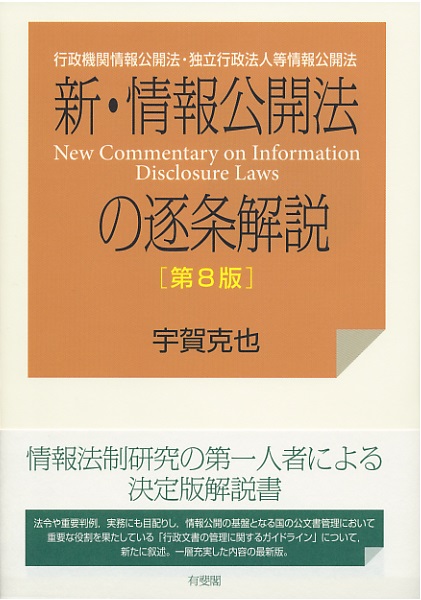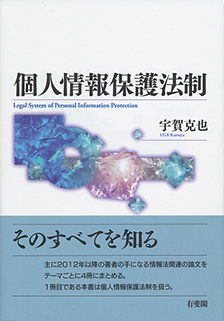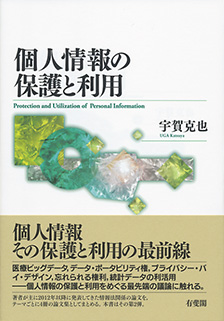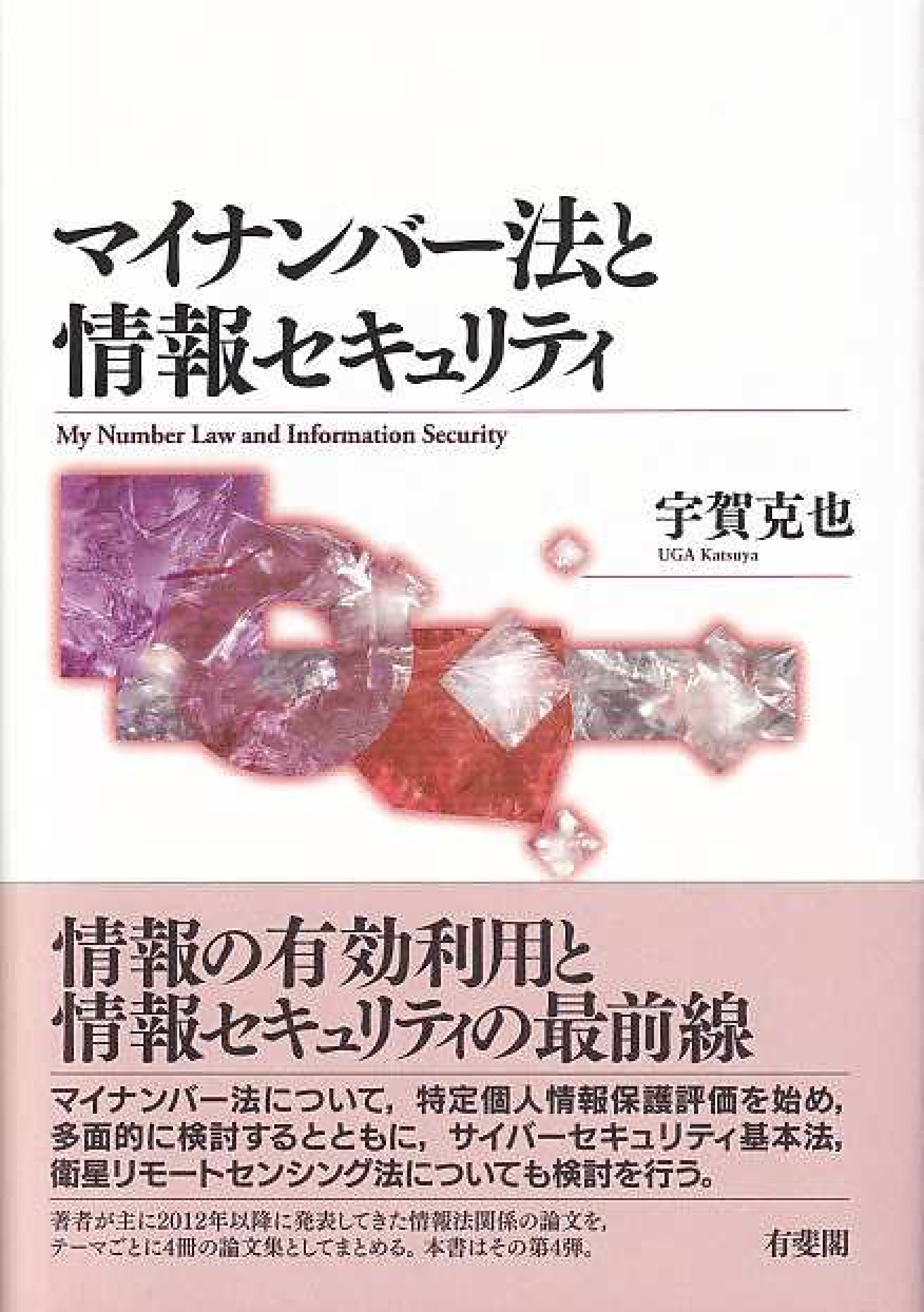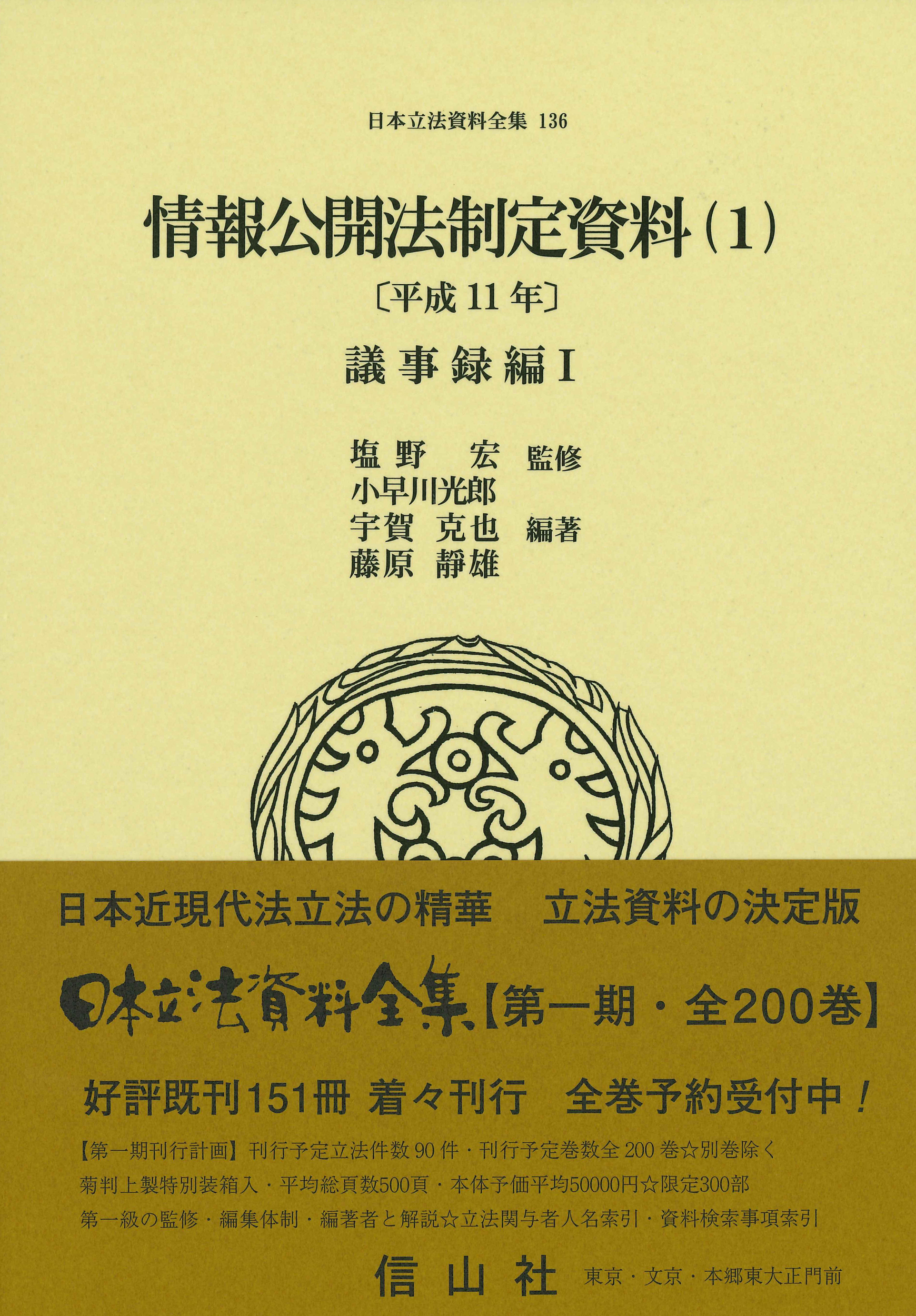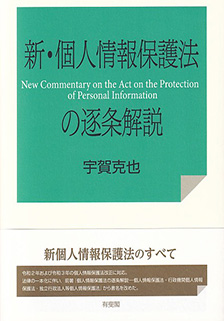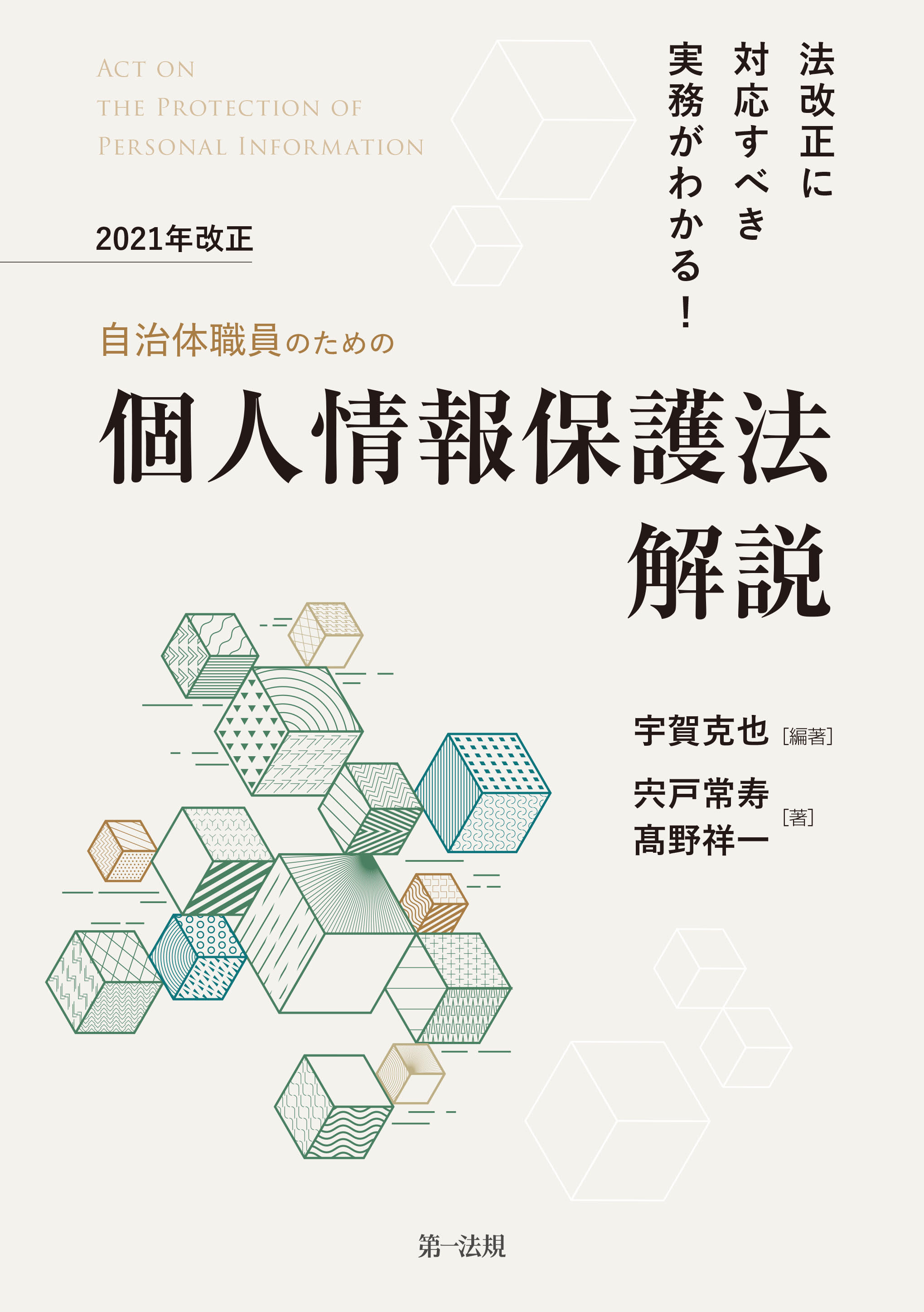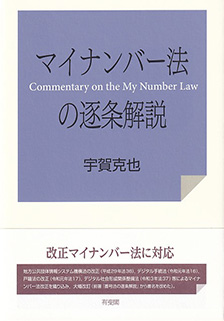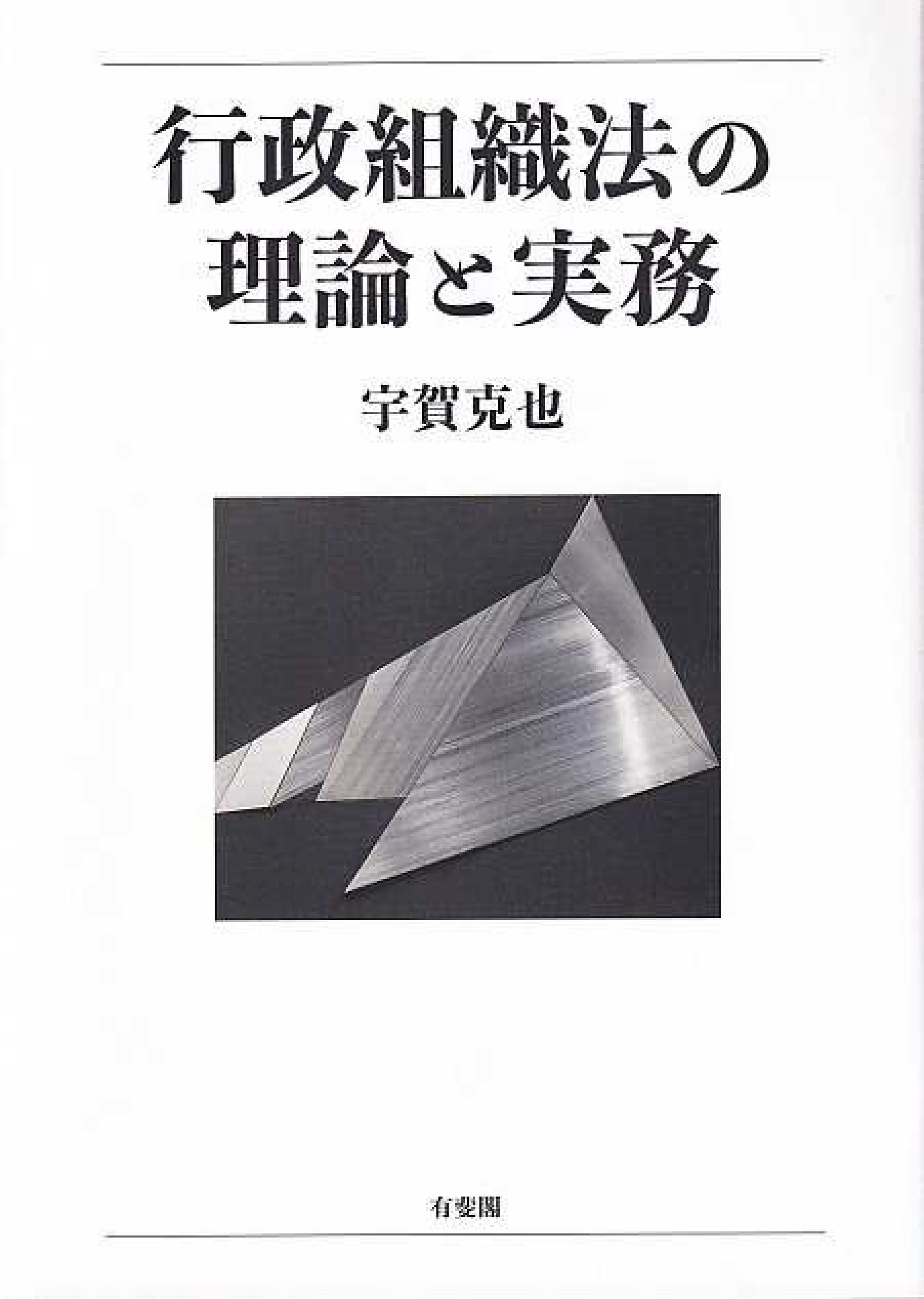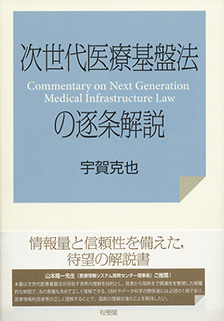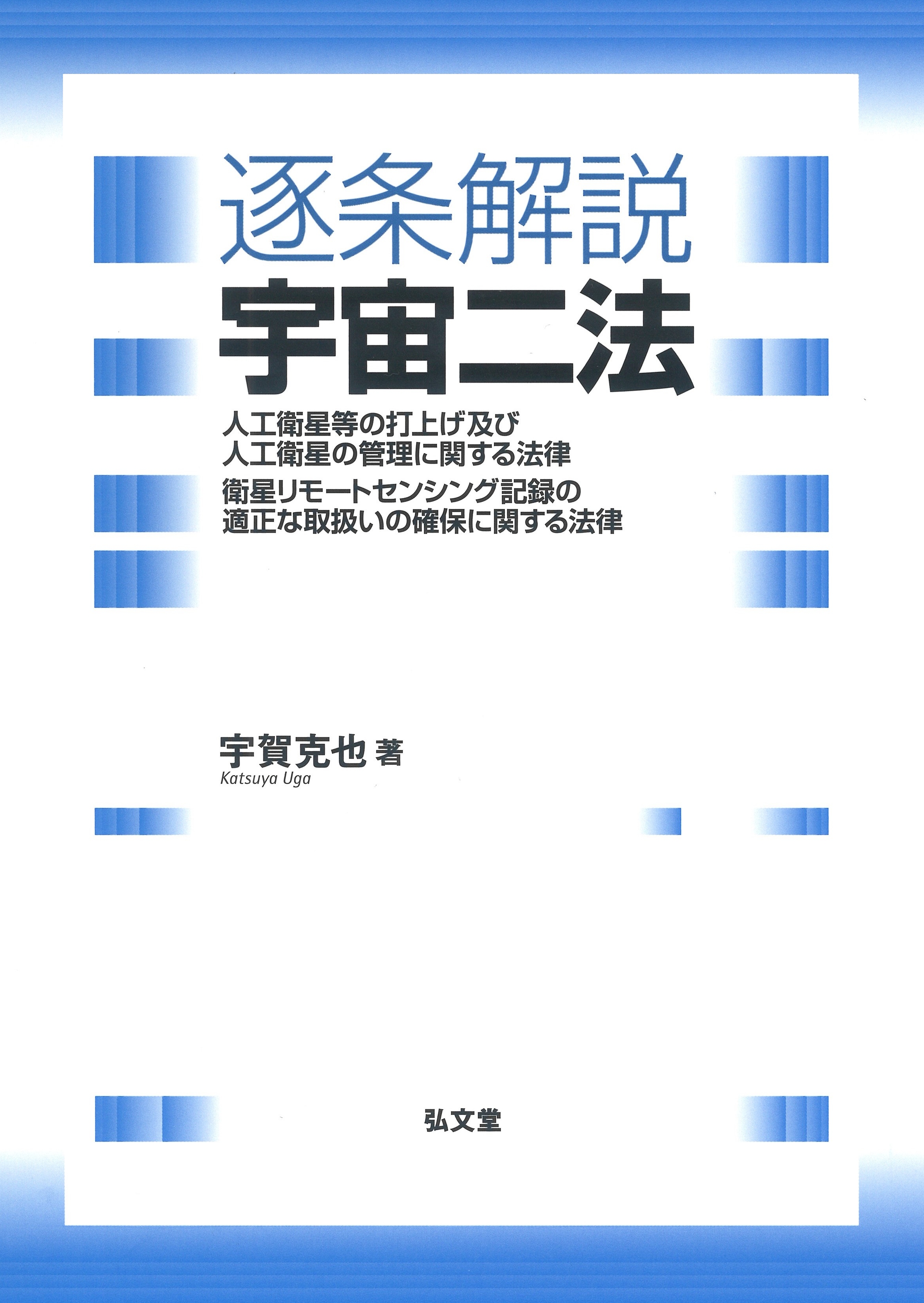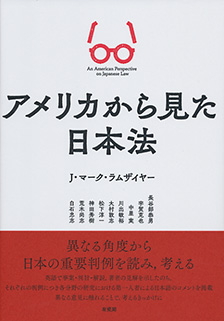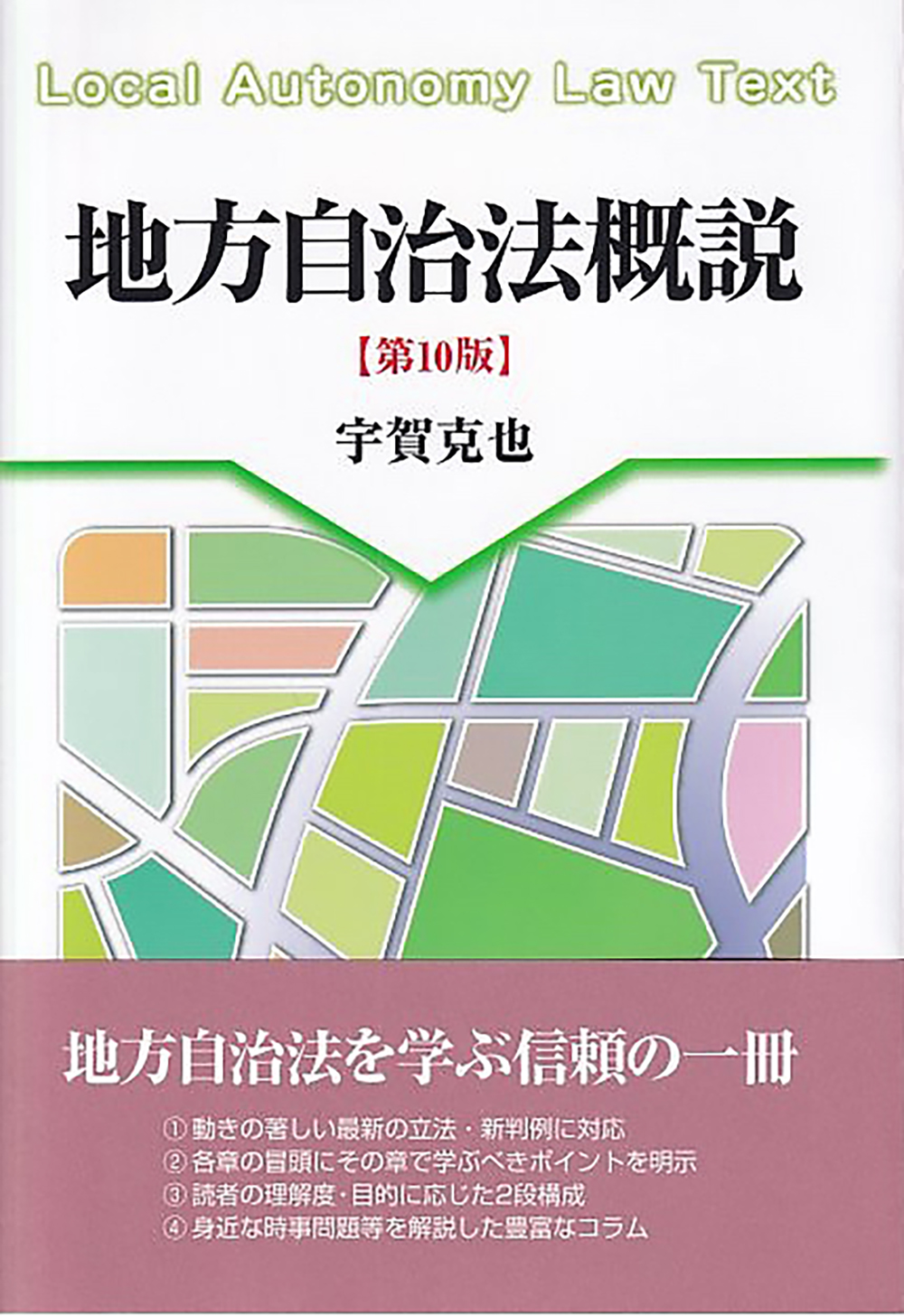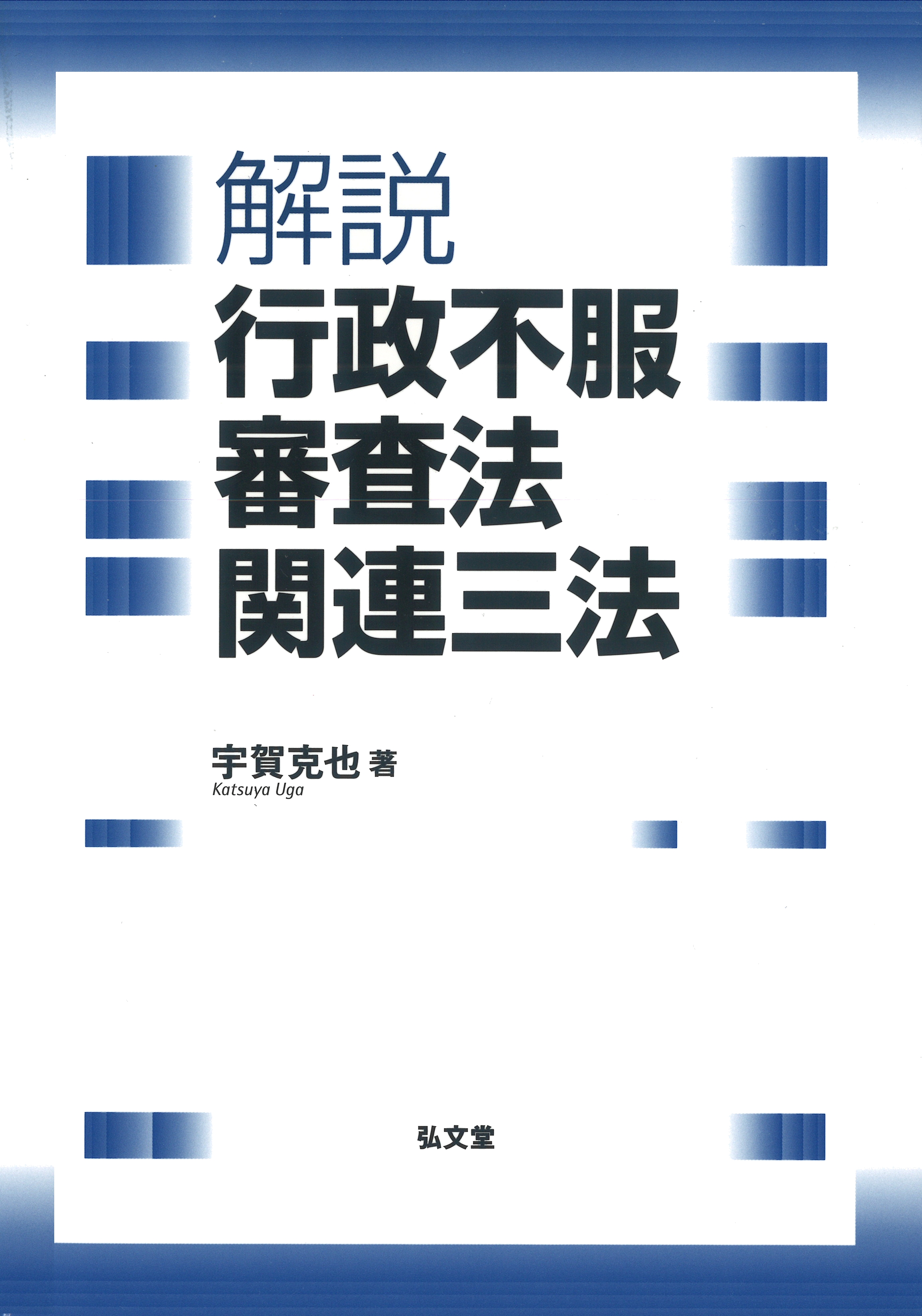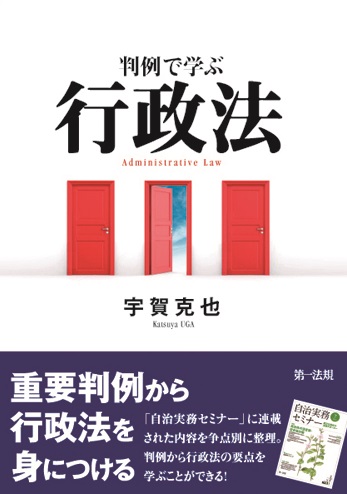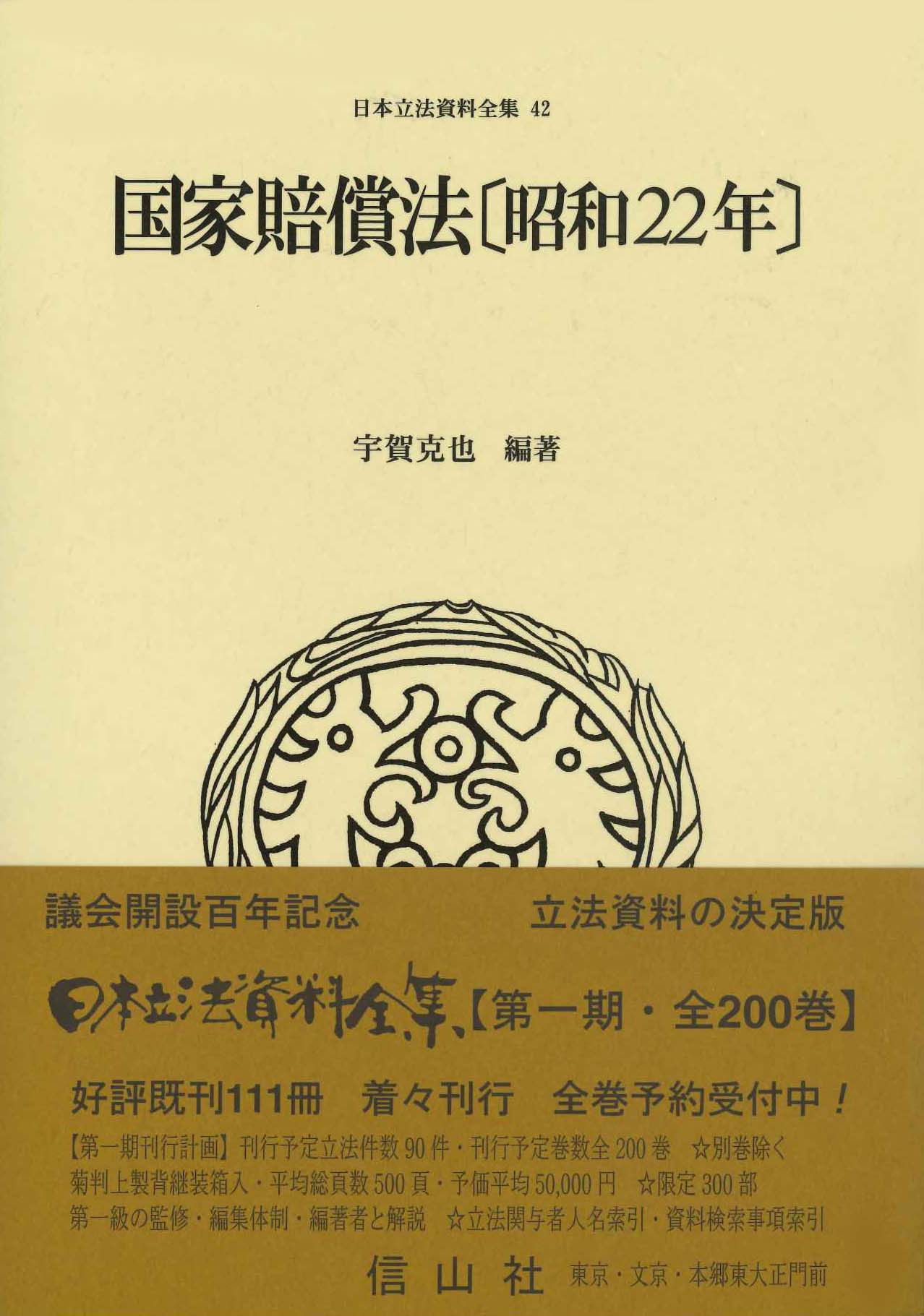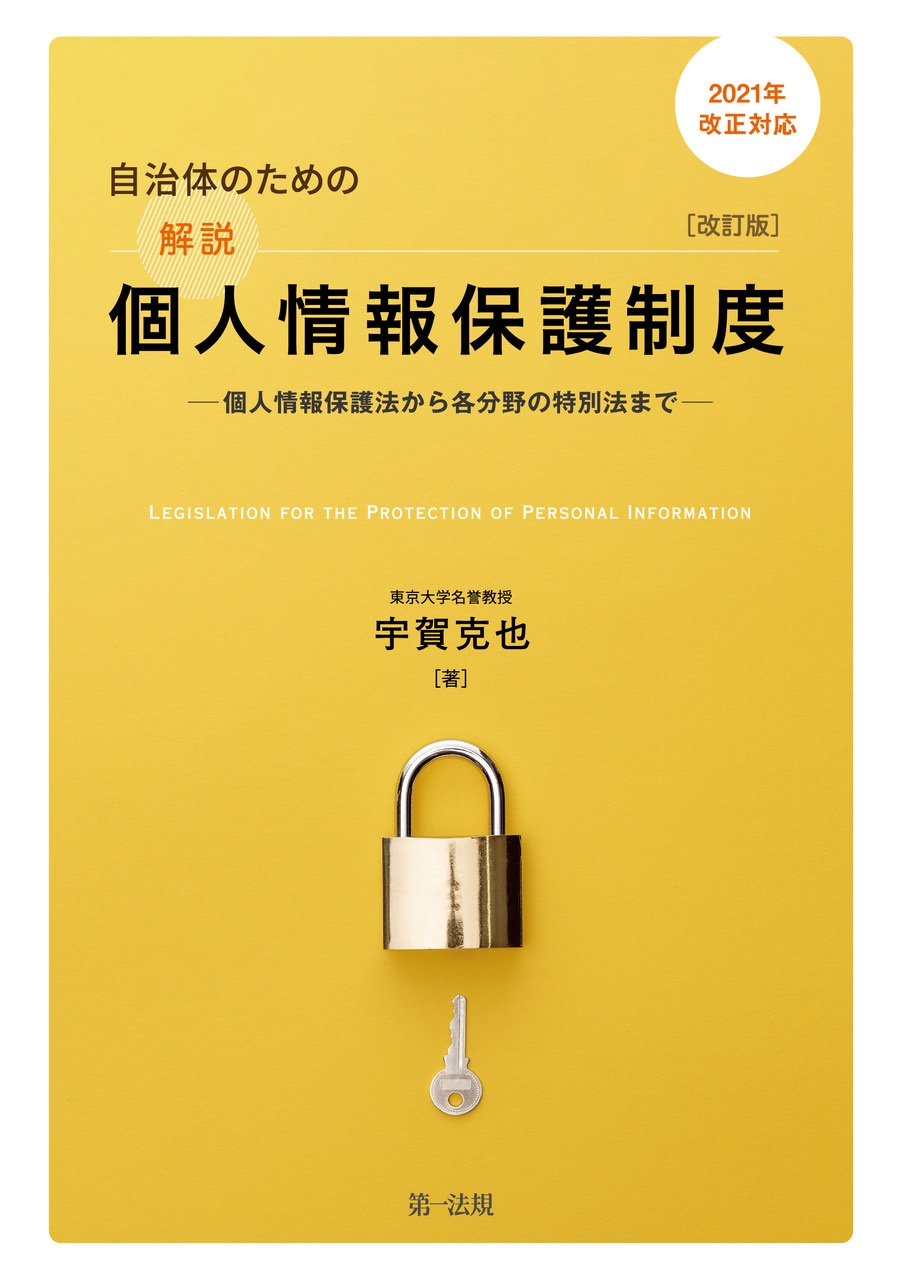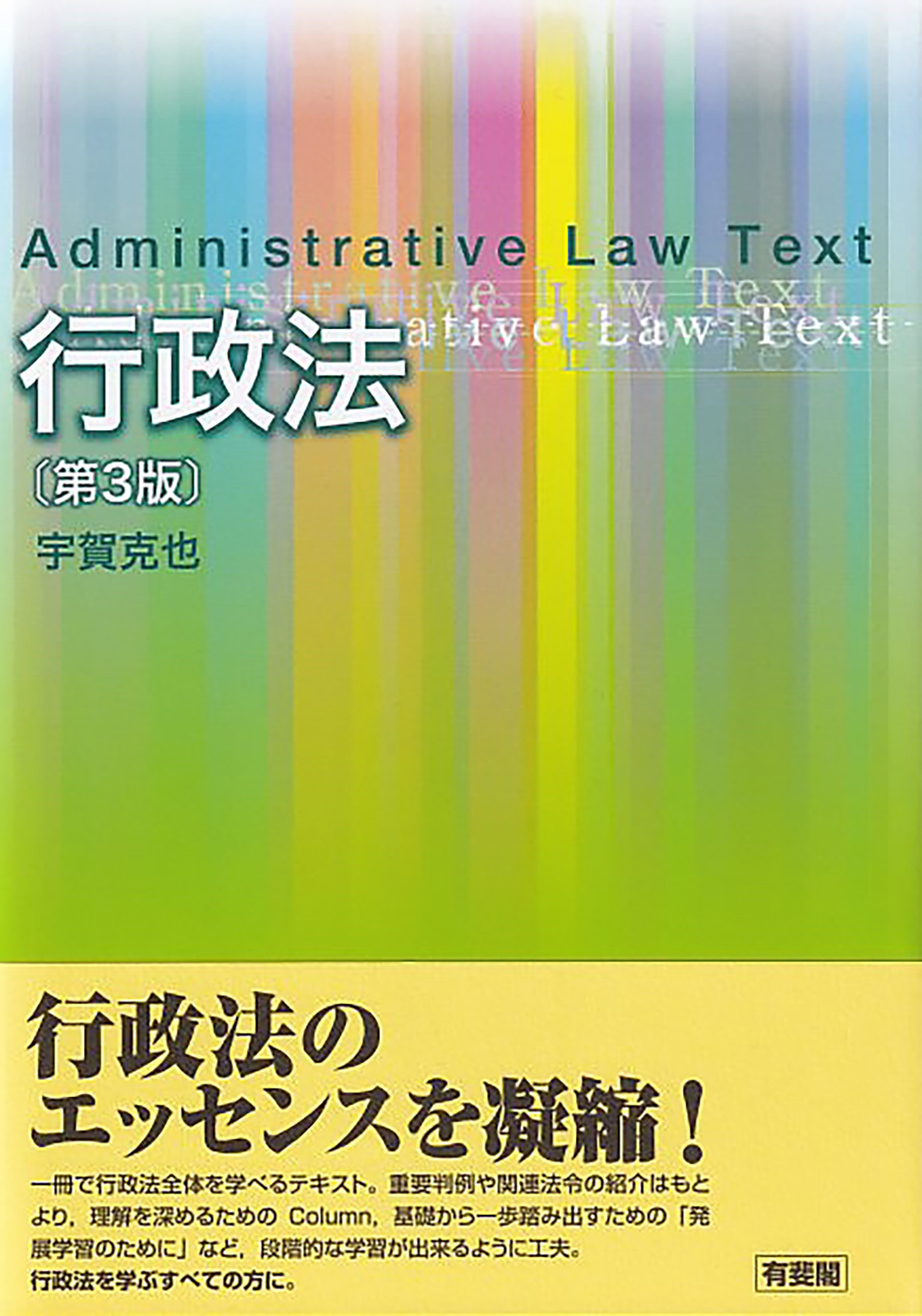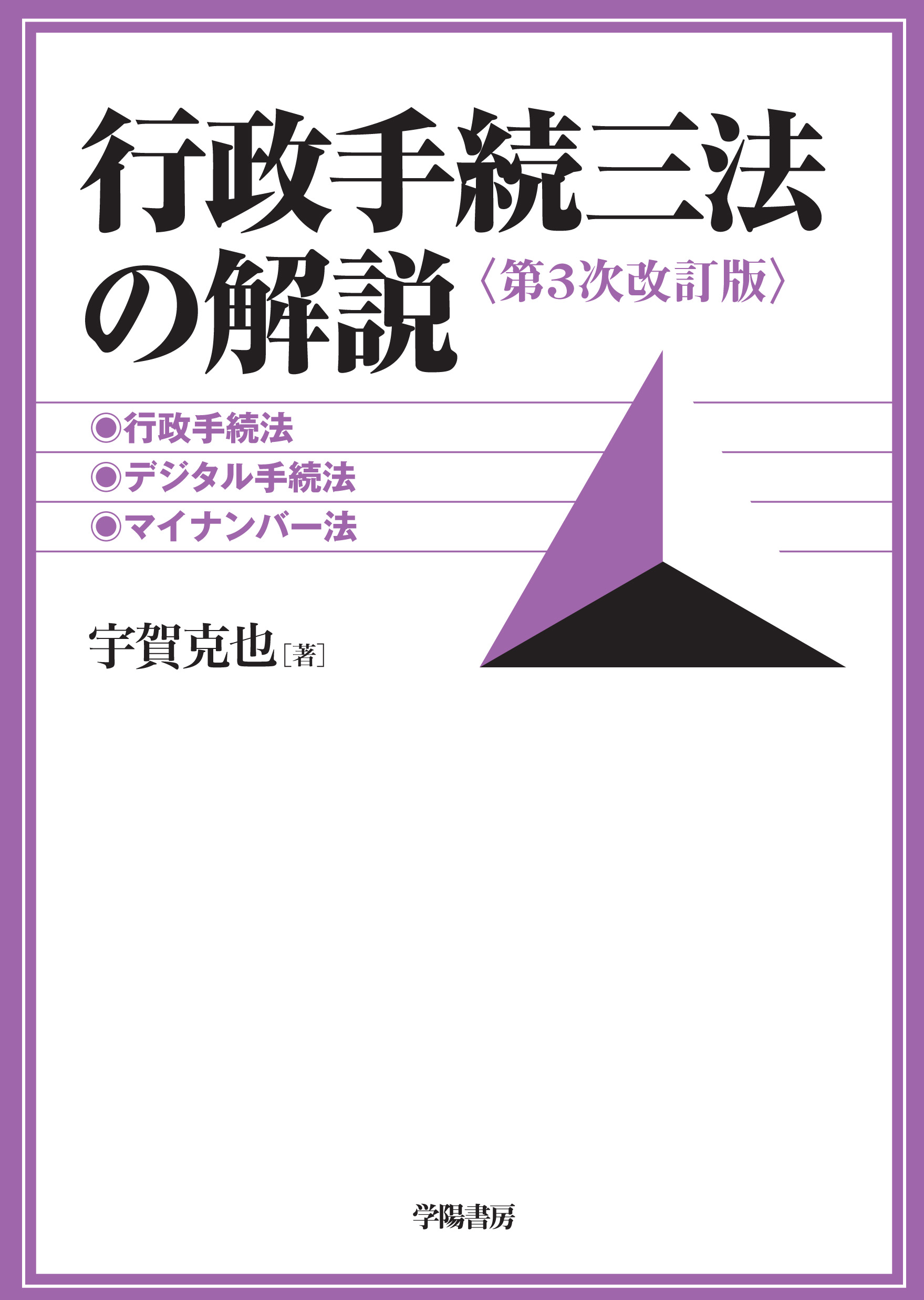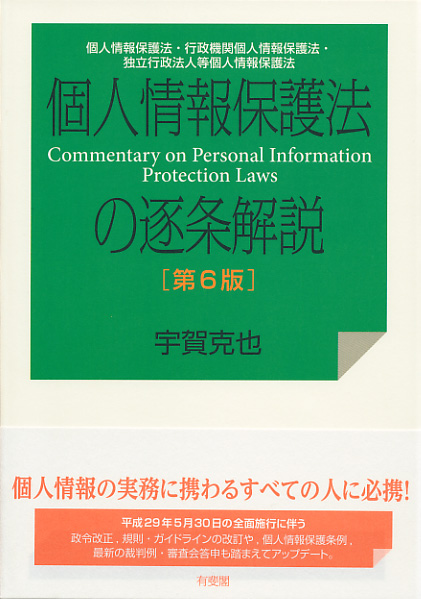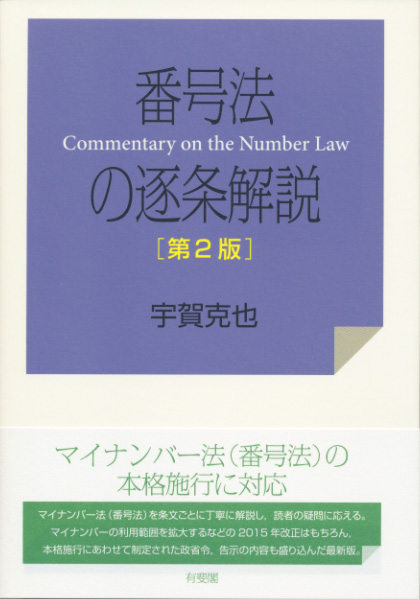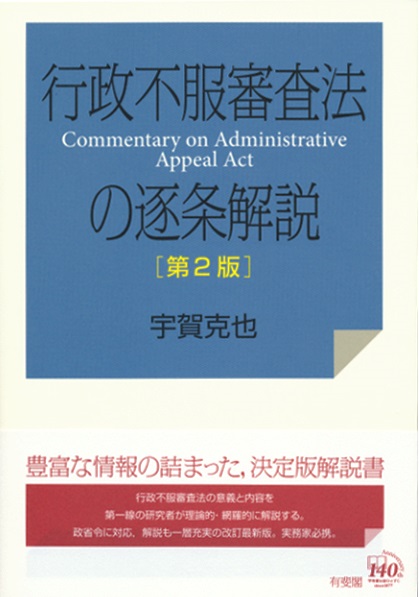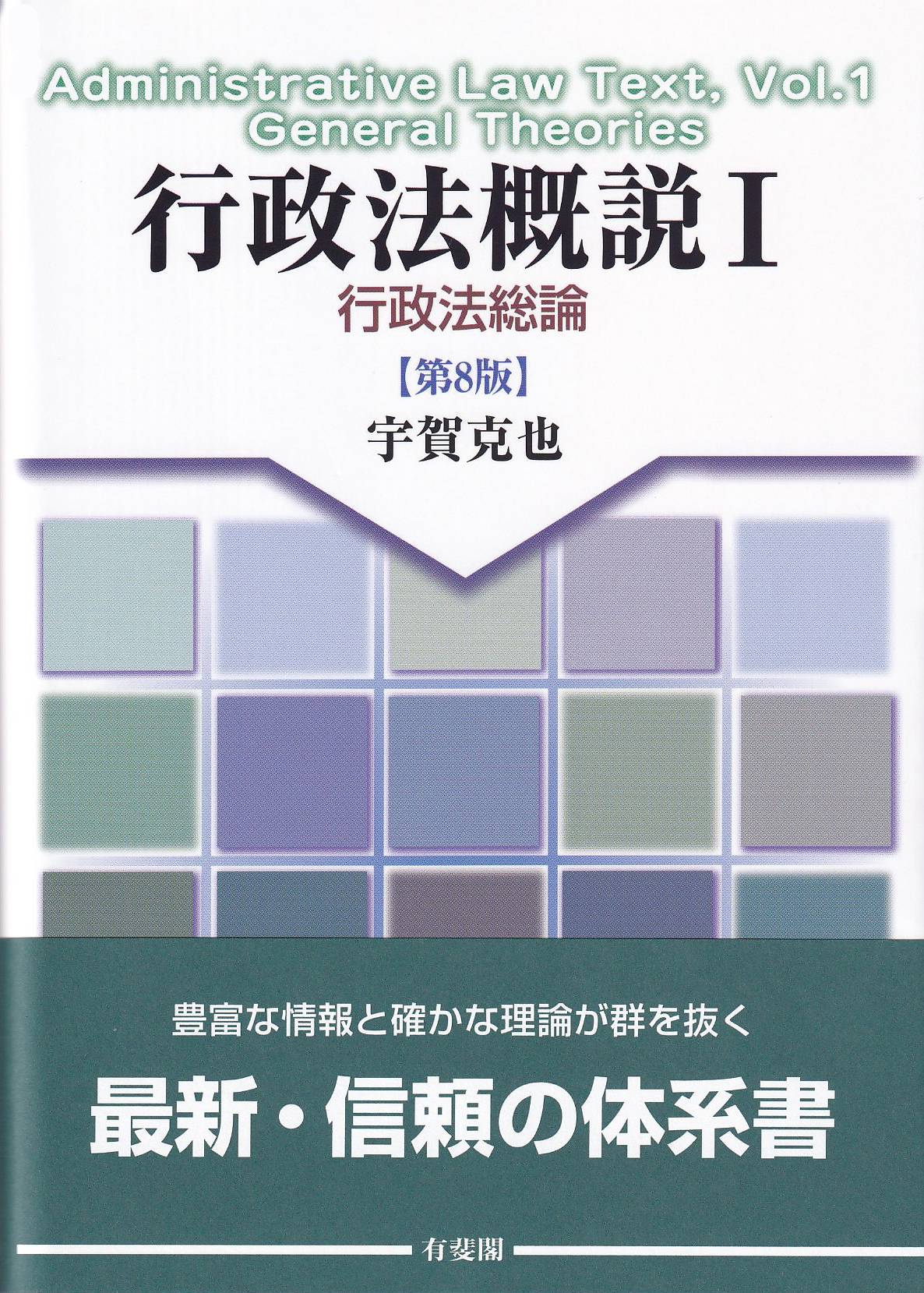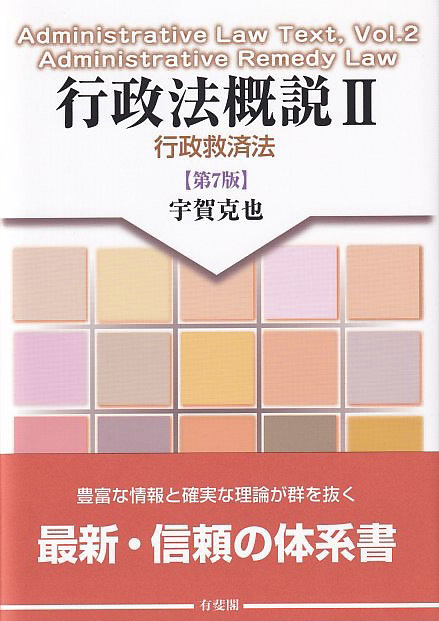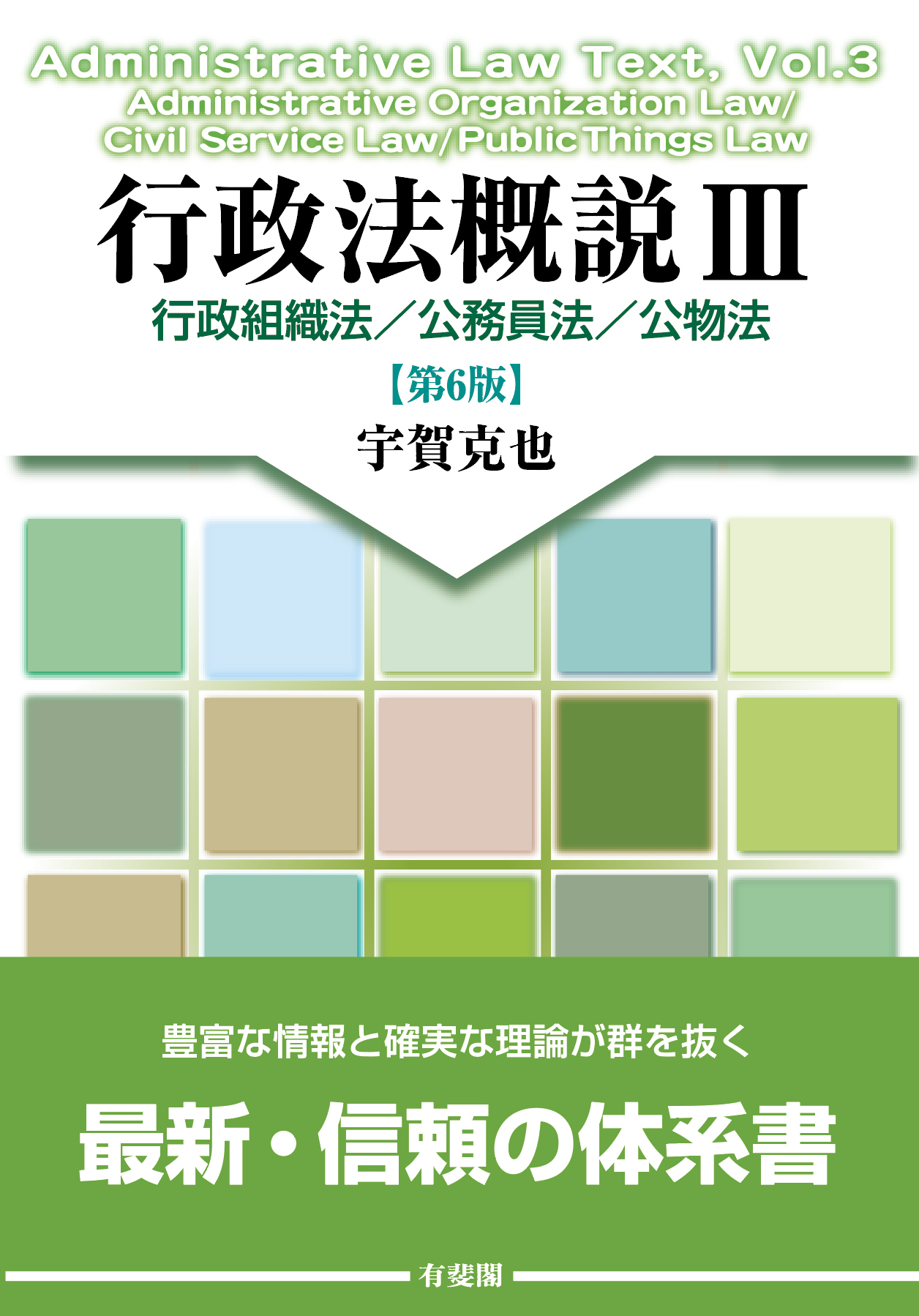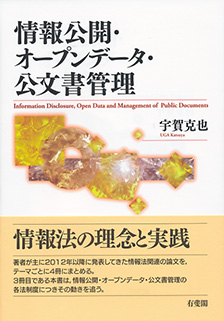
Title
Johokokai, Open Data, Kobunshokanri (Information Disclosure, Open Data and Management of Public Documents)
Size
398 pages, A5 format, softcover
Language
Japanese
Released
November, 2019
ISBN
978-4-641-22779-8
Published by
Yuhikaku Publishing
Book Info
See Book Availability at Library
This book explores various issues related to information disclosure, open data, and management of public documents, but part of the book also examines protection of personal information.
Chapter 1 examines judicial precedents for important points on information disclosure and protection of personal information, showing how judicial precedents are positioned on these issues.
Chapter 2 explains the international trends in information disclosure, including international organizations, and also explains recent legislation and other trends in each region. This chapter will help the reader to understand that laws on information disclosure are by no means limited to a few developed countries, but are actually enacted in well over 100 countries, and these laws now form the legal infrastructure of democratic nations.
Chapter 3 explains how to understand requests for disclosure based on the information-disclosure ordinance, Chapter 4 examines the applicability of emails to public documents, and Chapter 5 looks at state compensation due to delayed consultation with the information disclosure review board.
Chapter 6 analyzes material relating to the burden of proof of the non-existence of documents, in the case of requests to disclose confidential documents on the reversion of Okinawa.
Chapter 7 analyzes in-camera inspection and the Vaughn Index in information disclosure proceedings. Section 1 of Chapter 7 discusses the Supreme Court’s decision on the U.S. Army helicopter crash in Okinawa, stating that in-camera inspection is not legally permitted in information disclosure proceedings under the current law. However, in supplementary opinions, it was stated that such action is possible based on the constitution, and this section of the chapter discusses the significance of the Supreme Court’s indication that it would be preferable to introduce this opinion as legislative theory. Section 2 of Chapter 7 examines this issue through an analysis of regulations on in-camera inspections and the Vaughn Index in information disclosure proceedings introduced in the Draft Act on Access to Information Held by Administrative Organs, submitted to an ordinary session of the Diet in 2011.
Chapter 8 explains the significance of sharing and disclosure of subsurface exploration information, an area where Japan lags behind, as well as systems in various countries, and Japan’s efforts. This chapter then conducts an analysis from multifactorial perspectives, regarding the position of legislation related to sharing and disclosure of subsurface exploration information within the current legal system, the relationship with information disclosure legislation, legislation on protection of personal information and copyright legislation, constitutional points, evaluation of the effect of subsurface exploration, and ensuring accuracy of the data.
Chapter 9 examines judicial precedents relating to requests for disclosure of information on the Cabinet Secretariat compensation fees.
Chapter 10 discusses the international development of open data, and development of policies by the Japanese government and local governments, and then examines the associated issues.
Chapter 11 examines descriptions in the websites of administrative institutions, and the applicability of damage to reputation and credit. Chapter 12 investigates materials in the O-157 case regarding when it is illegal for the government to share information on food safety.
Chapter 13 discusses documentation and information disclosure in the decision-making process, as well as the recent efforts to ensure correct management of public documents, and the associated issues.
(Written by UGA Katsuya, Professor Emeritus, Graduate Schools for Law and Politics / 2021)



 Find a book
Find a book


 eBook
eBook
